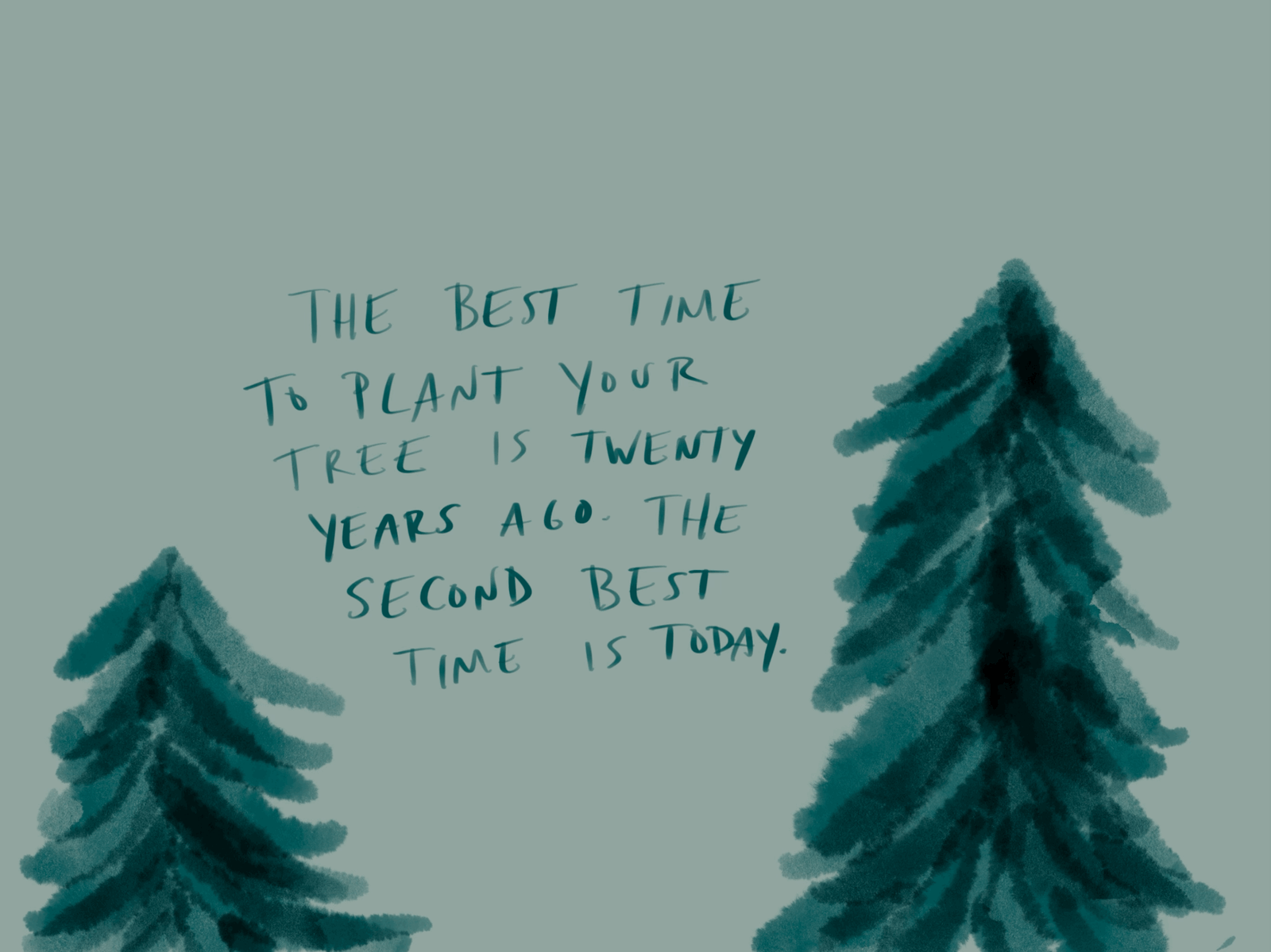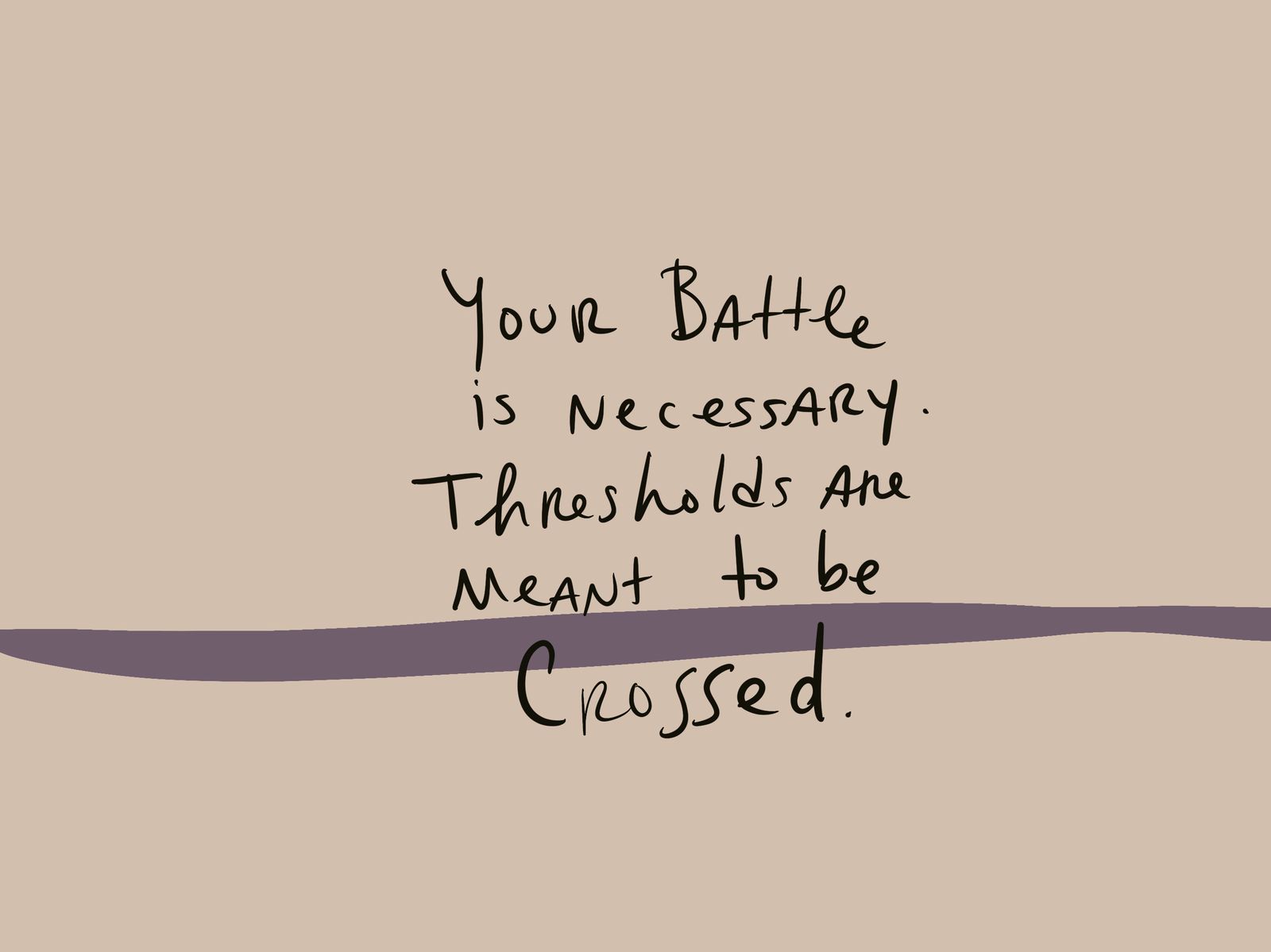I believe in restoration, in all it's forms. Which is why, among many reasons, I recycle.
I almost started crying at the recycling center one Saturday, dumping glass shards from my friend's broken window into a dumpster full of broken panes of tempered glass. This is not typical for me during Saturday chores.
But this time, as I dumped the glass in, I could almost hear God say, "this is what restoration work looks like," if God's voice sounded like breaking glass and fork lifts.
My friend Allison gives me her glass bottles to haul. Though glass is a material that can be endlessly recycled, shattered, processed, cleaned, and furnace ready to make perfectly new bottles again ad infinitum, in the US, only 33% of glass is recycled for a variety of reasons: lack of interest, how extensive the cleaning process can be, how far the glass manufacturers are from the recyclers (glass is heavy, shipping it is expensive). Many counties in Georgia have stopped recycling it altogether in recent years because they have trouble finding glass manufacturers to buy the cullet.
Which is sad because if you melt it down, you can get a whole new bottle with no waste. It's called a 1 to 1 recyclable, because nothing else needs to be added except heat.
I found one place in west Atlanta that takes glass reliably, it's well-organized, and has banners that boast that 94% of their recycling actually gets recycled. I trust the banners and the businesslike volunteers who scold me severely if my plastics are improperly sorted. I haul glass for friends and family.
Last week Allison shouted across the parking lot at homeschool co-op, "Glass is in your trunk! There's a bag full of glass shards--broken window. They take tempered glass too, right? The sort that windows are made out of?"
"Yeah, they do. That should be fine," I shouted back. At home, I opened the trunk and peered into the full and heavy triple bagged bundle full of itty bitty glass pieces she and her sons had painstakingly gathered together. I picked it up, it's weight was surprising, "Whoa," I said to no one in particular, "this is heavy."
I conscripted the kids into helping me sort the recycling, which is not something their friends have to do. I try to encounter recycling contemplatively, like a prayer practice. I inventory my assumptions, insecurities, relationship ruptures, general bad behavior (etc., etc.), the way I sort my recycling, I question them with a sense of curiosity, and then chuck it into the right bin to be restored and made new. The kids approach sorting the recycling with less contemplation and more ruthless scrutiny with a side of thinly veiled judgement.
"Why do you drink so much ginger beer? Look at all these empty bottles. I've tried it. It's awful. Why do you like it? Like a lot. Have you seen how many bottles are here? Give me your phone, I want to take a picture because this is ridiculous."
"Doesn't Daddy knoowww we have to sort the glass by color? He just piles it in random bins and that makes more work for us."
"Can I keep this bottle cap?"
"I thought you said this recycling was clean. If it's clean, why am I sticky?"
"Can I keep this styrofoam? It's a good shape. Why would you even throw this out?"
"Whoa, we have a lot of empty Amazon boxes. Like so many. Why do we have so many? And why is there a car on this one? It's like: 'Amazon, I already buy EVERYTHING from you. Some of the stuff isn't even that good. I can't even drive yet, why are you trying to sell me a car?'"
I'm always amused by their observations and inspired by their honesty. Sometimes I try to imagine myself as a huffy, sticky, overheated 10 year-old told to complete a bad job with a happy heart when I pray. I try to practice the same kind of spirited examination (but with more grace and kindness, because kids can be hilariously and unintentionally brutal).
Finally, they found the bag of broken window.
"Whoa," the 10 year old said, "What is this?" He picked it up speculatively, "it's heavy."
"It's a broken window from Miss Allison's house."
"Look at these pieces of glass, they're so tiny. And there's a lot of them. That must have been a big window. Will they really make this into a whole new window?"
"Yes," I said.
"That's cool," he said as he loaded the bag into the trunk of the van and went back inside.
Which is why I was blinking back tears at the recyling center, standing on an over-turned 5 gallon bucket between dumpsters full of glass, while dusty people efficiently tossed their spent wine bottles in the dumpster beside me. I ripped open the bags and shook out all the broken shards. This is what we're called to do, when something breaks--and sin wants to break everything: our hearts, trust, relationships, connections--we're supposed to gather it carefully all together and take it to a place to be renewed, made whole again. A place that specializes in it.
Even if it's heavy. Especially if it's heavy.
We can't do this work alone. It takes people and intention and time. Restoration is a relay race of participation: First, someone broke a window, Allison and her children swept it up, bound it together, and put it in my trunk, I hauled it and dumped it and someone else, many someones I will never meet, will see that it's cleaned and processed, broken down even more, until it's re-fired and made completely new.
I mean, if that isn't what the Christian walk is about: participation, connection, restoration, making broken things whole again.
So I sniffled a little and dumped the glass in and got back to the rest of my recycling.
The work is endless, but so is the opprotunity to be made new again.





